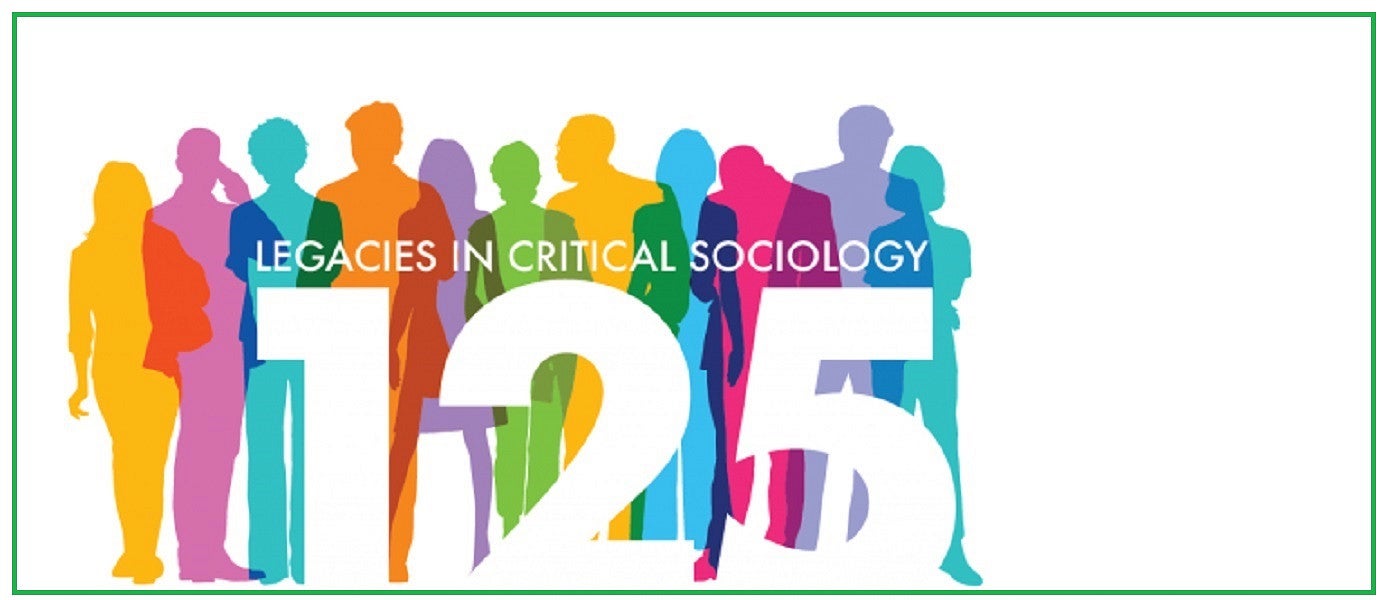
A look back at the department’s rich legacy in research, teaching and critical sociology
Sociology – the anaytical study of the development, structure, processes and problems of human groups and societies – got off to an early start at the University of Oregon.
In 1894, a one-credit class titled “Sociology” debuted as part of the political and social science curriculum, with details “to be announced at the beginning of the fall term.” This was just two years after the first sociology department had been founded in the United States, and a full year before the first department would convene at any European university.
From this seed of scholarship grew the first sociology program on the West Coast.
“From the beginning, the program at Oregon had a kind of reform angle of always trying to improve society through intelligent social science tools,” said Michael Dreiling, who joined the faculty in 1996 and is the department head. “They were looking for ameliorative policies and practices that could deal with rapid social change.”
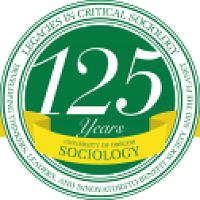
In the decades after World War II, he recounted, UO's reputation as a standard-bearer for critical sociology began to form, spurred by some key faculty hires.
"By the early 1960s, people in the discipline began to critically question the dominant approach in sociology as overly static and legitimizing social inequalities and their contradictions. Alongside social movements of the time, many sociologists began to see critique as a necessary tool for debunking the taken-for-granted assumptions about society, to see through the haze so that progress toward a better society can be made.
"Among many younger sociologists, this approach became an essential tool and defined an active role for sociologists who are, to paraphrase Karl Marx, not just interested in understanding society, but in changing it. UO Sociology became a signature program in developing this orientation. The aim of critical sociology is to develop knowledge and research for purposeful, public action that improves lives, communities, and human-environmental interchanges.”
It’s a thread of engagement that carries through to the present day, with the department well known for its strengths in political economy, the sociology of gender and sexuality and the sociology of the environment.

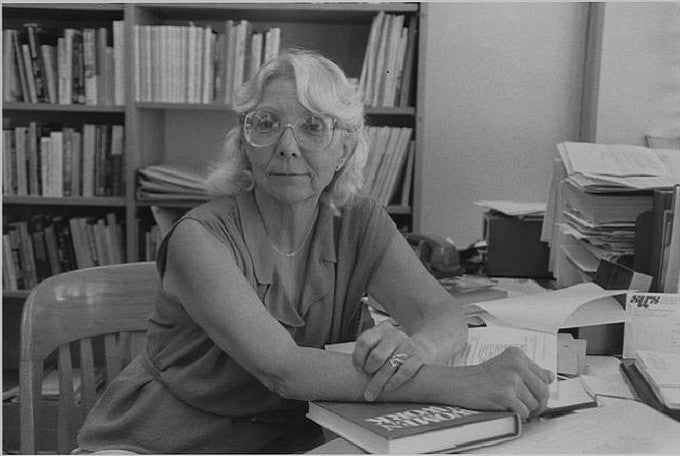
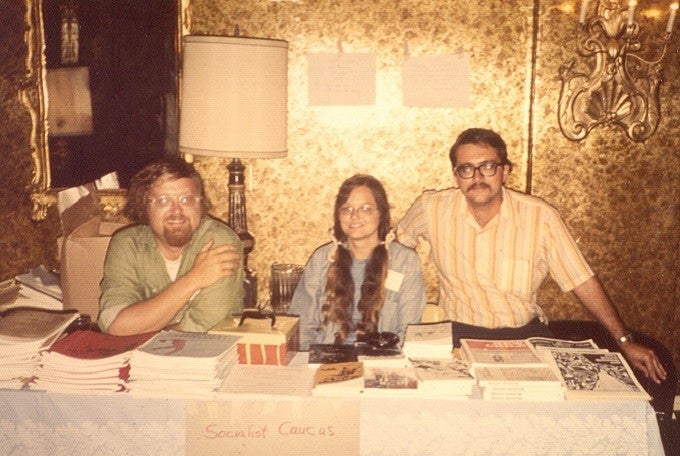
Historical milestones, critical engagement
At Oregon, the study of sociology has a long and storied timeline. It gained a foothold largely through the efforts of one professor, Frederick G. Young. His courses, first offered in 1895, were among the earliest to be taught at a university in the western United States. Young was a founding member of what is now the American Sociological Association and served as the first dean of the UO Graduate School.
Over subsequent decades, Young was instrumental in advancing the discipline of sociology at Oregon. By 1899, the course offering had expanded to five, including "Democracy," "Anthropology" and "The Debtor Classes." A standalone School of Sociology was founded at the UO in 1919 with an eight-person faculty and Young serving as the first dean. Its mission was one of social analysis and "cooperative commonwealth service."
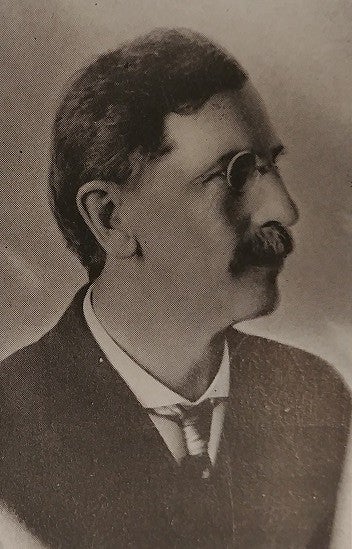
This course includes the history of sociological theory; an analysis and classification of sociological phenomena; an exposition of the natural evolution of social activities and arrangements from their own beginnings; an exploration of the social forces and laws so far as they are yet apparent. These principles will be applied along the different lines of social reform. Lectures, field-work and report.
1895-96 UO Catalog description of F. G. Young's course, Sociology 40
In its first decade, the sociology school fostered a highly practical approach of "coaching for those who are losing out in the game of life." It eventually evolved into the master’s in social work program that is now administered at Portland State. With a more theoretical and constructive focus, UO’s present Department of Sociology was established in 1930 within the College of Literature, Science, and the Arts.
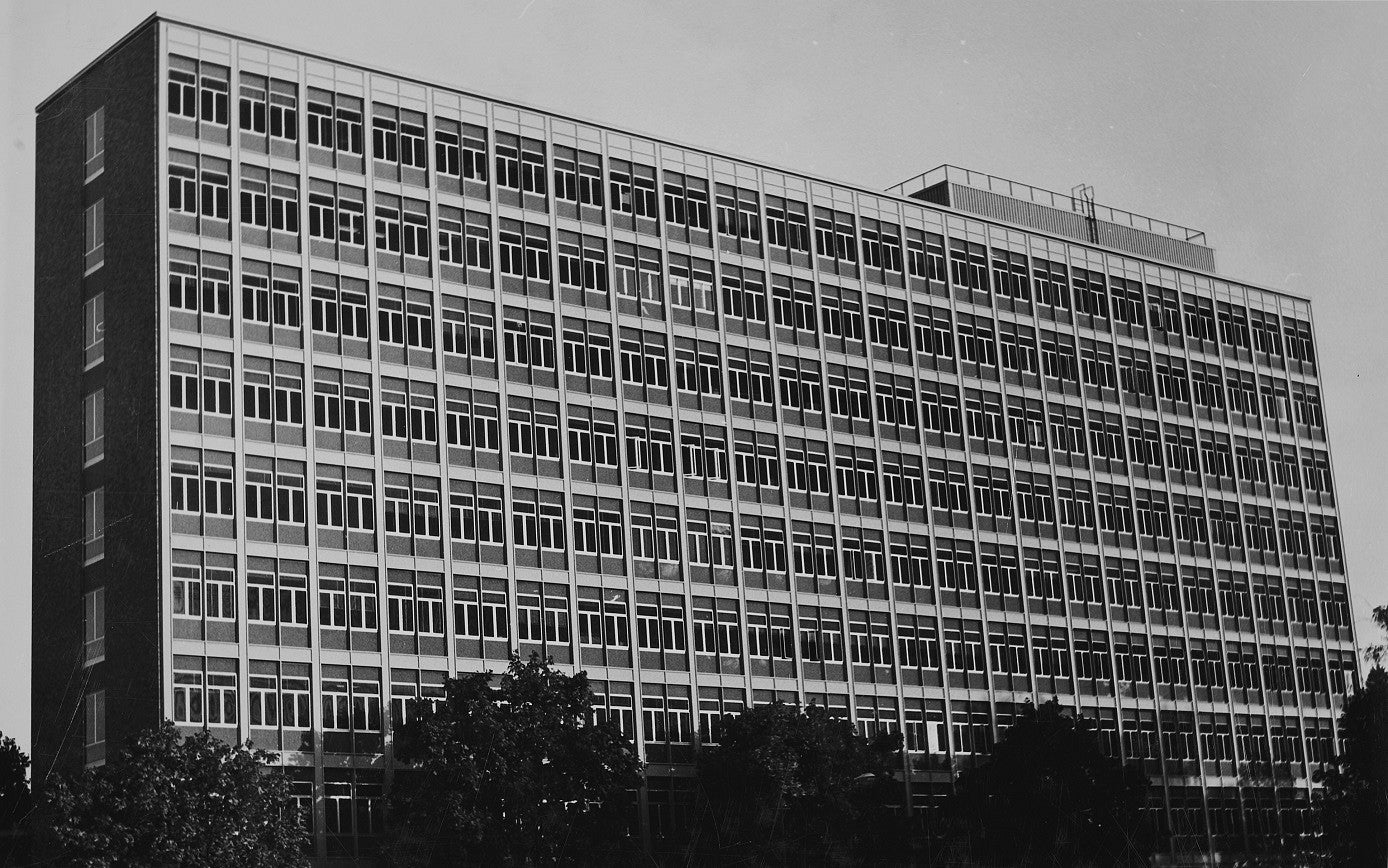
The department conferred its first doctoral degrees in 1954. The recipients were Gail Fullerton and Snell Putney, who were then married. A decade later, the couple published “The Adjusted American,” a study of social neurosis that was a popular seller through the 1970s. In later years, Fullerton became the first female president of San Jose State University.
Back on the UO campus, times of political unrest culminated in an October, 1970 bombing at Prince Lucien Campbell Hall. Thankfully nobody was seriously injured in the blast, but several sociology faculty offices were reduced to rubble.
Despite the damage, the program was thriving and a then-record 17 PhDs were awarded to students the following spring.
Along with its graduating classes, the sociology faculty was growing in size, prominence and diversity during this activist era. In 1967 Joan Acker, a leading feminist scholar, was appointed as the department’s first female faculty member. Albert Szymanski, an accomplished researcher of political economy in the Soviet Union, came to Oregon in 1972, signaling the department’s growing reputation in Marxist sociology.
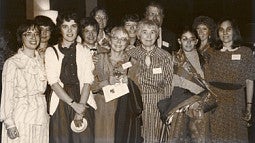
Professor Joan Acker’s body of scholarship is now among the most cited among faculty at the UO.

From 1992 to 2005, the Oregon Survey Research Laboratory, founded by Professor Emerita Patricia A. Gwartney, employed dozens of undergraduate and graduate students in over 250 sociology projects benefiting state and local governments and the private sector. Funded by approximately $8 million in grants and contracts, it remains the largest body of quantitative work attributed to a UO Sociologist. Gwartney was elected President of the Pacific Sociological Association in 2016.
Capping a long tradition of UO sociologists serving as editors of scholarly publications, in 2019 Professors Ryan Light, Aaron Gullickson and CJ Pascoe became co-editors for "Socius: Sociological Research for a Dynamic World," the American Sociological Association’s only open access journal.

Learn more about UO Sociology
Boasting an impressive legacy in critical sociology, the Department of Sociology at the UO is the oldest sociology program on the West Coast. Known for its primary strengths in the sociology of gender and sexuality, political economy, and the sociology of the environment, our program has made significant scholarly, teaching and service contributions to the field internationally, nationally and regionally.

